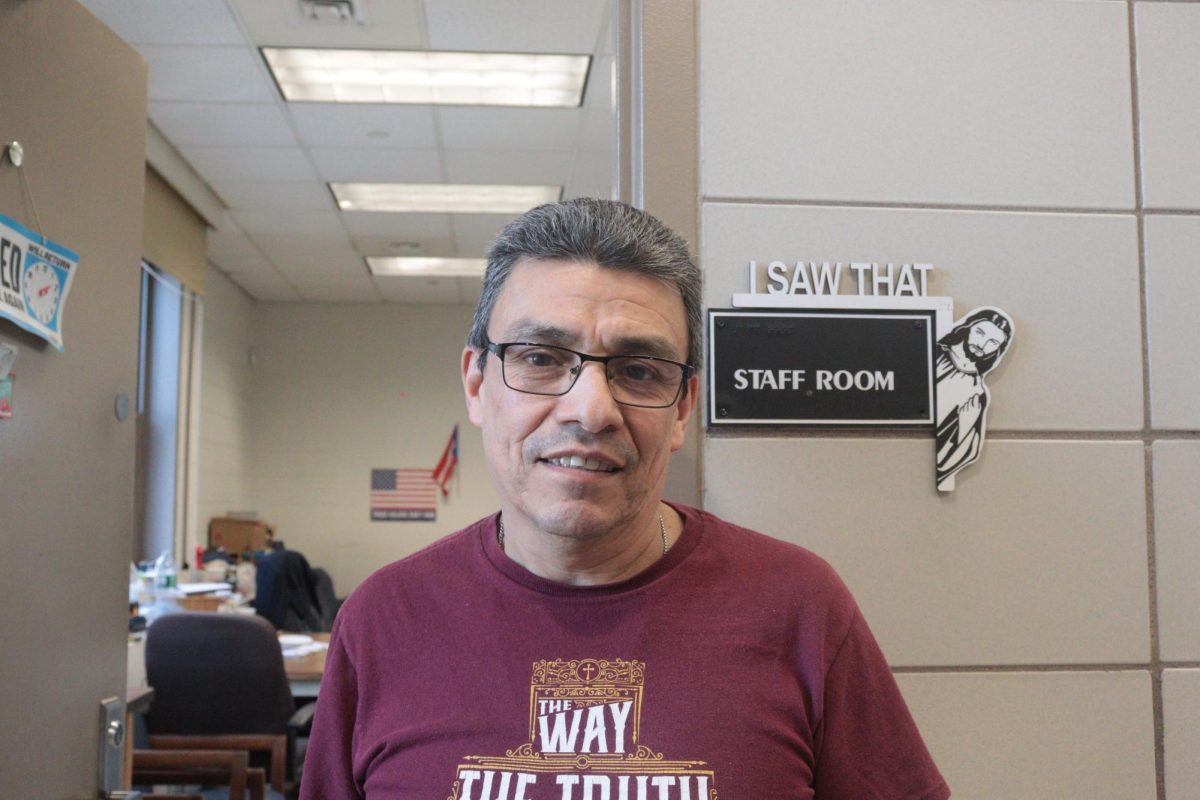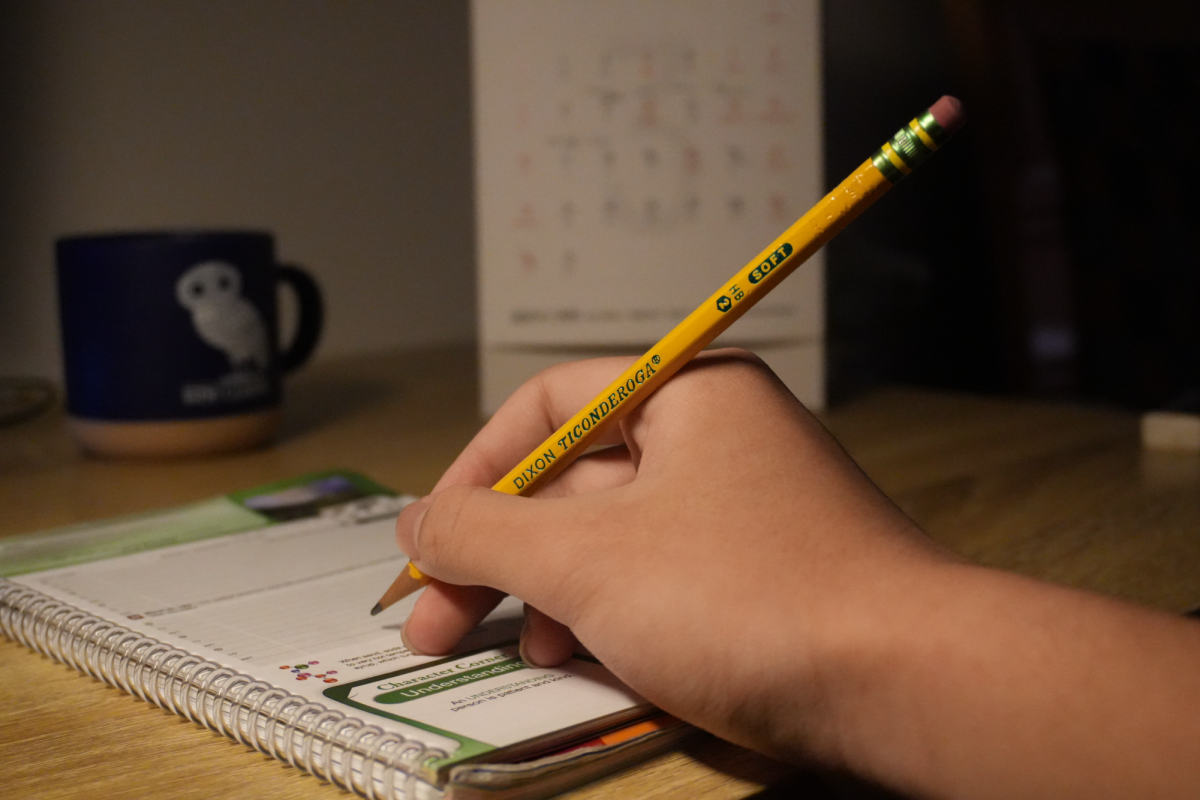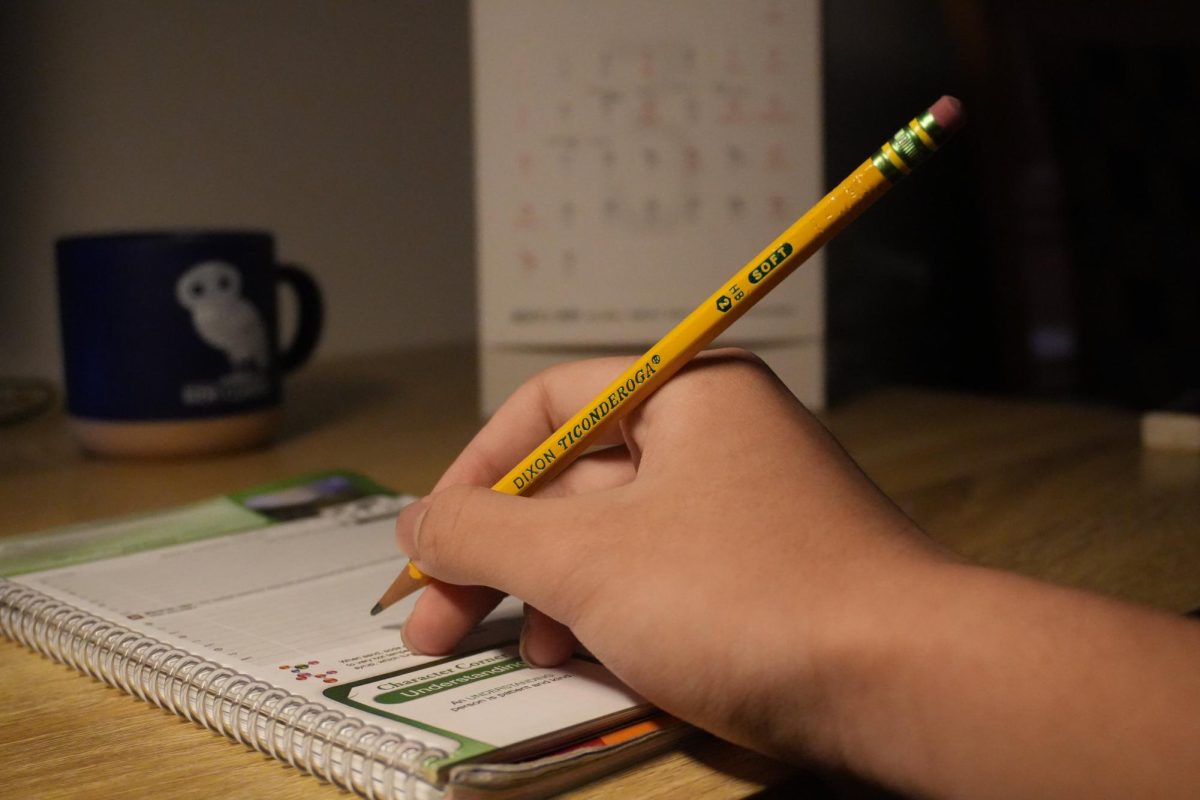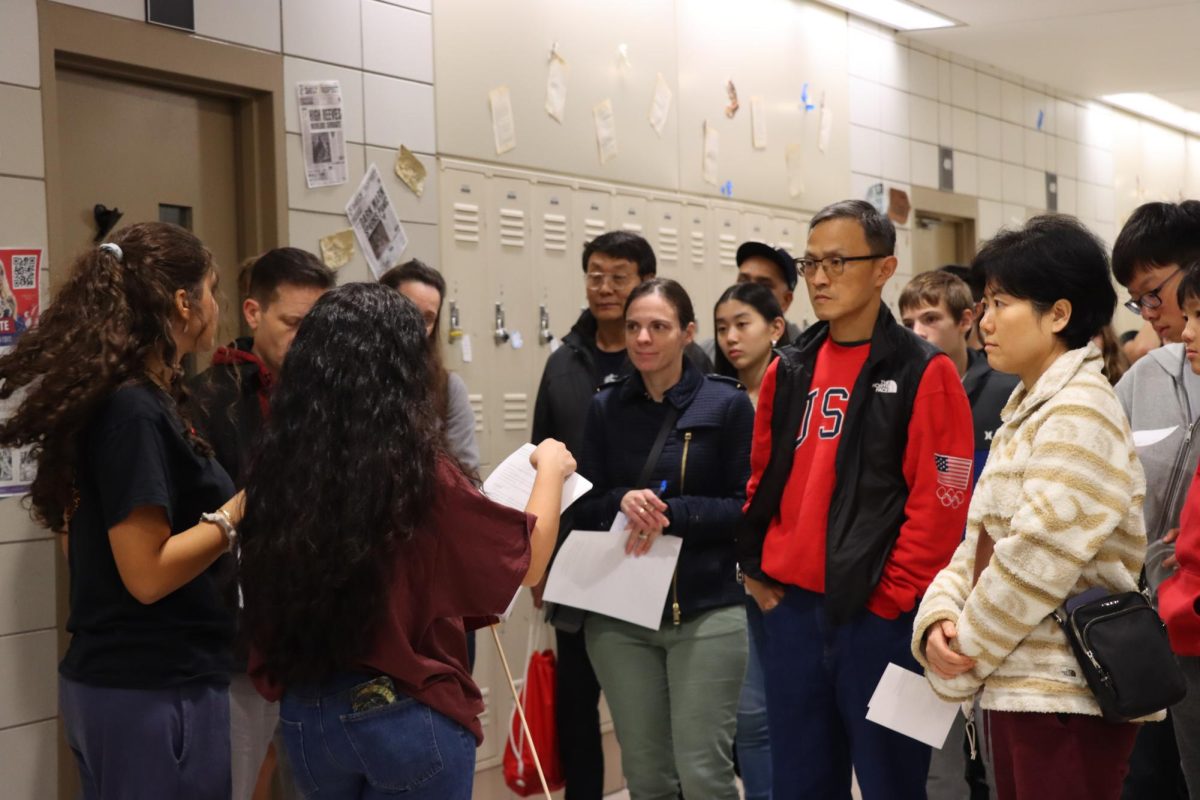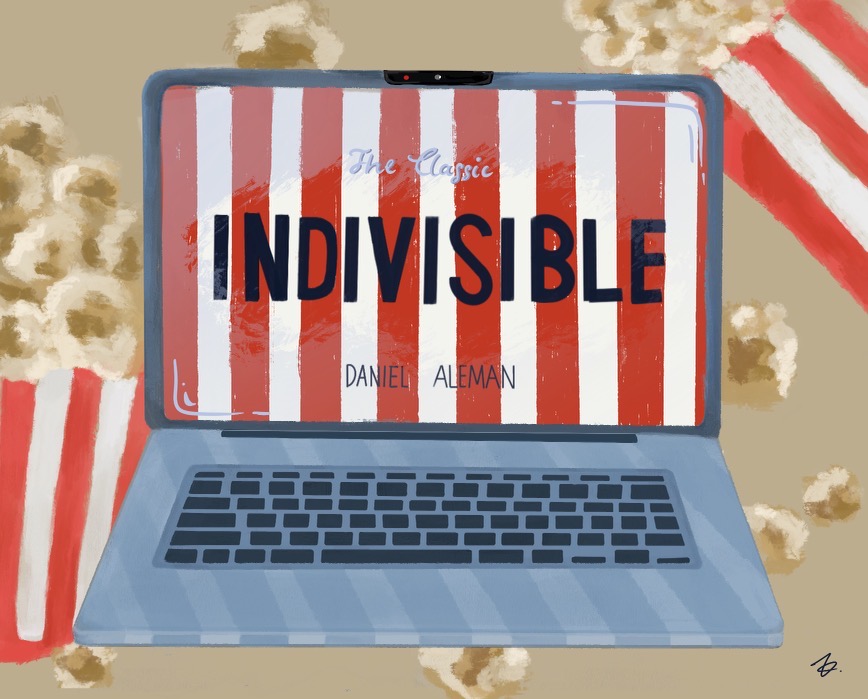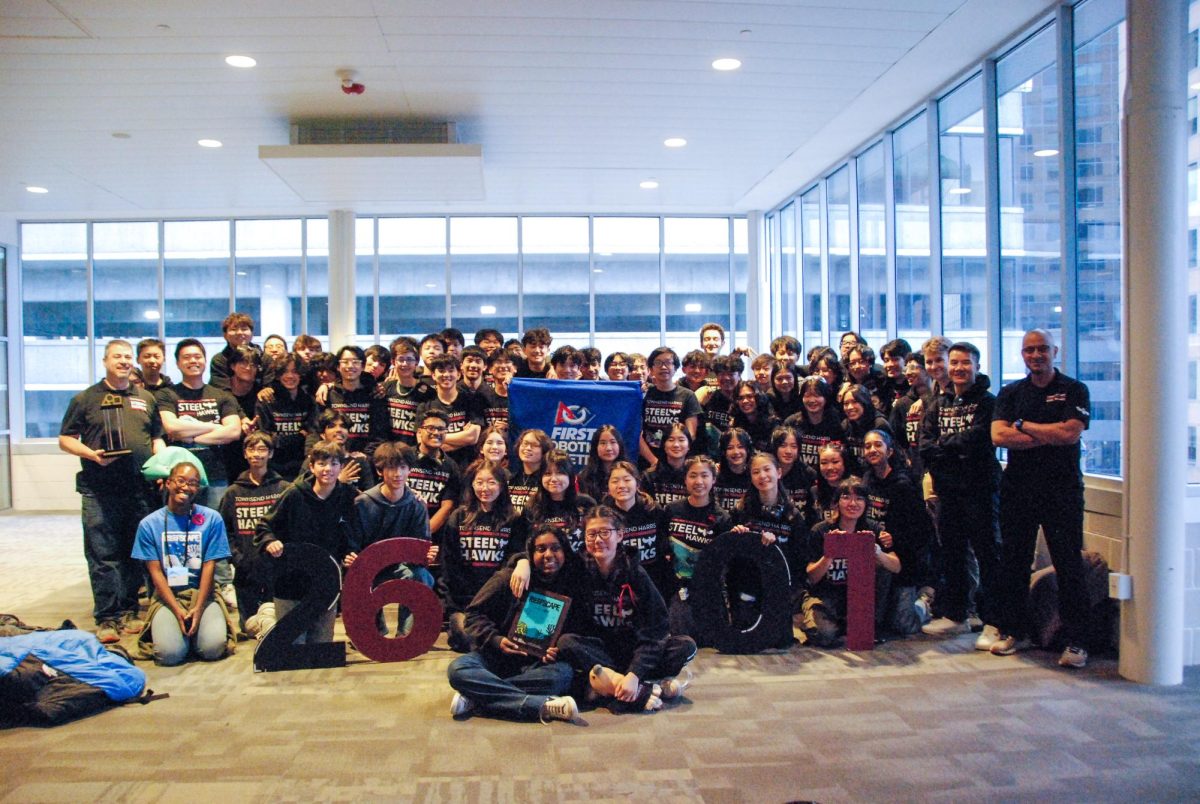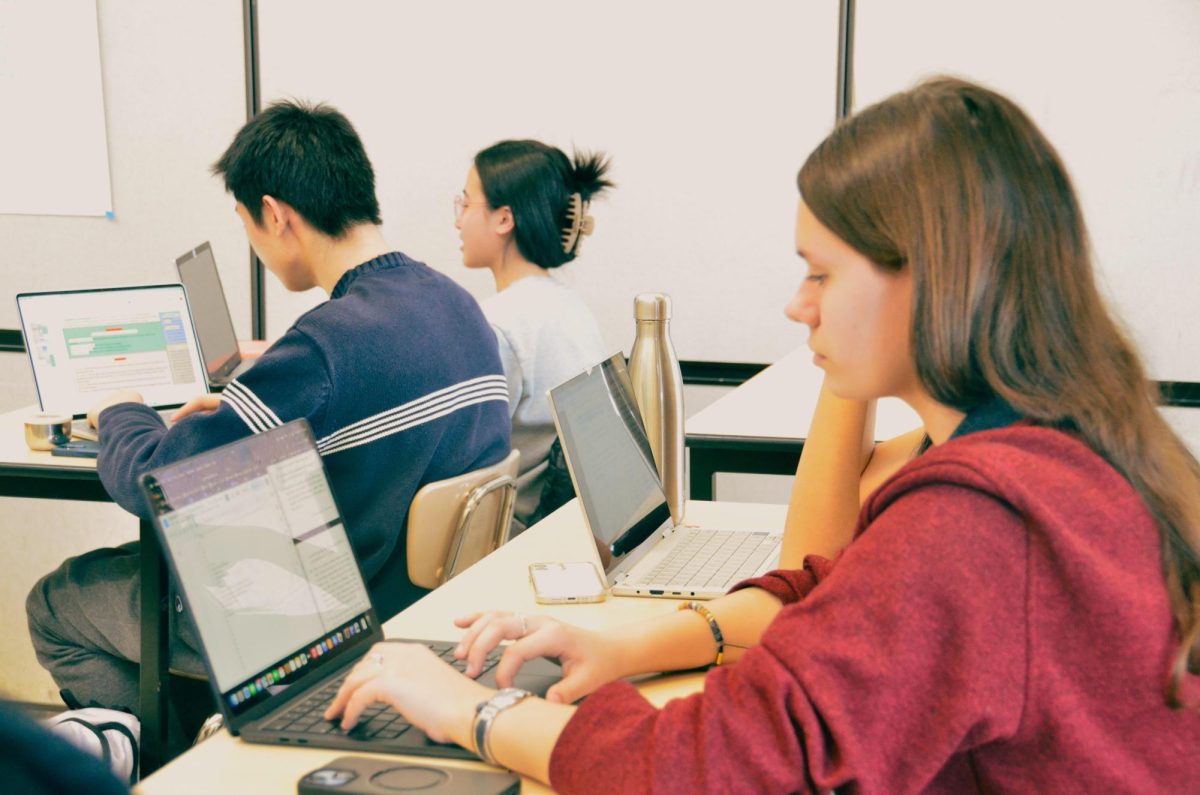
“The last time I used a hard copy textbook to study for an exam was when I had [a] Biology exam [in class]— but that was once out of my whole school year so far,” said Junior Tenzin Namsal. Textbooks have lost popularity in recent years due to the spike in online resources— but many students have said that they can still be beneficial to those preparing for STEM standardized exams like the New York State Regents and AP exams.
Notable preparation books like Barron’s, Kaplan’s, or Princeton’s Review are known and used by numerous students inside and outside the classroom. While many students may still prefer the structure and clarity of Artificial Intelligence or other digital studies methods such as YouTube, Khan Academy, and Quizlet, the use of physical practice books has remained an integral part of students’ educational careers.
Students and teachers at THHS reflected on their own experiences using such resources, with many explaining the immense impact digital study methods have had on them, compared to the classic paper and pen. Abid Choudhury, the Assistant Principal of STEM at THHS, has shifted to a reliance on and preference for online resources along with many students. Mr. Choudhury said that textbooks did not benefit him as a student as much as they did to other students. He said, “I think learning to read, interpret, and learn from textbooks is an acquired skill that has to be taught. Some people [even] pick it up intrinsically, but I didn’t.” He said early YouTube videos, like the Organic Chemistry Tutor, helped him during his time in college, displaying the effect of digital resources over original physical textbooks.
However, numerous students said they feel differently and believe that these resources are still more impactful than online study systems. Freshman Showa Lie said, “It’s easier to retain evidence using physical books since I get to write on the book. Even though you can annotate online resources, I tend to not grasp anything from that; it just feels different.”
Freshman Naimah Ali said that the science review books sold at the Student Union store in the school cafeteria, which allow students to buy Living Environment, Chemistry, and Physics review books, cover all major concepts that are sure to appear on Regents exams. She said these books are incredibly helpful for daily revision and preparing for class exams, and are explained in simple language, allowing for a better understanding of the key topics. “I find [the] chemistry textbooks are really helpful when preparing for tests, more specifically Chemistry: The Physical Setting, a book from the Prentice Hall Brief Review series. Online resources are useful too, but I find that writing and solving things out on paper, [as] I would on an actual test, helps me retain the material better,” she said.
Like Naimah, many students said they believe that using textbooks can better prepare them for exams due to the visual learning aspects textbooks provide– and as the majority of class assessments are conducted on paper, resorting to paper study methods may prove to be an effective way to get hands-on practice and experience with specific science and math concepts.
Senior Danielis Baez said that exposing herself to various kinds of study methods helped her determine what individual learning style was best for her. She said, “Freshman year I didn’t know what kind of learner I was– [but] throughout the year I found out I was a visual learner, which made me improve my exams in certain areas […] for very physical learners, a book would be nice.”
Chemistry teacher Adel Kadamani discussed his career in high school, citing physical textbooks and constant visits to libraries as some of the only study methods at the time. He said, “We used to sit and study for hours and go over the questions in the textbook. If anything was difficult we had to use resources in the library to find answers […] We had to look for [certain information], find references, do a lot of reading, and talk to other students.”
“It was all personal effort. You had to sweat it [and] look for answers […] you really [had] to work hard,” he said.
Now as a high school science teacher, Mr. Kadamani said he believes the use of STEM textbooks or practice workbooks is still a fundamental method of learning.
He recommends the Reference Tables Workbook for chemistry. “Covering that textbook will for sure pull your grade up,” he said, “[because] this book, [like many others], was prepared by chemistry teachers.”








